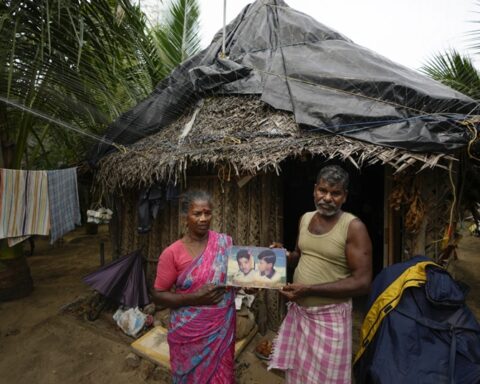Rudrapur (Uttarakhand), March 30, 2024: Nearly 76% of the Indian population suffers from vitamin D deficiency, according to data from tests of more than 2.2 lakh people conducted across 27 cities in India by Tata 1mg Labs recently.
While 79% of men overall were found with lower-than-desirable levels of vitamin D in their bodies, for women, the figure was 75%.
India gets surplus sun, yet 3 out of 4 Indians suffer from vitamin D deficiency. This number is only growing – it’s a public health problem of epidemic proportions.
What could be the possible reasons? Dietary insufficiency is an evident cause, and nutrition policymakers are looking into food fortification as a major intervention to combat this public health problem.
However, scientists believe that a combination of following factors is defining India’s vitamin D deficiency.
- Indoor Lifestyle: Many Indians spend most of their time indoors for work or leisure, reducing sun exposure, which is essential for Vitamin D synthesis.
- Pollution: High levels of air pollution in India can block the Ultraviolet B rays necessary for Vitamin D production in the skin.
- Use of Sunscreen: While protecting from harmful Ultraviolet B rays, sunscreen also limits Vitamin D synthesis.
- Clothing: Indian traditional and conservative clothing styles that cover most of the body can reduce skin exposure to sunlight.
- Dietary Habits: A diet low in natural sources of Vitamin D like fatty fish, liver, and egg yolks contributes to the deficiency.
- Obesity: Higher body fat can absorb and hold onto Vitamin D, making it less available to the body.
Vitamin D, aka the sunshine vitamin, is a crucial fat-soluble vitamin required for optimum growth, development, metabolic functions, immune system, bone health and mental health. Studies have demonstrated that vitamin D level has a major say in depression, mood swings, anxiety, and sleep quality. But we are getting less vitamin D than we should.
Experts recommend a level between 20 and 40 ng/mL of serum 25-hydroxyvitamin D [25(OH)D] to be normal. A recent article in Nature reported <12 ng/ml 25(OH)D levels in more than 20 per cent of the population in India, Tunisia, Pakistan, and Afghanistan.
Why is Vitamin D So Important?
Sunlight is one of the natural sources of Vitamin D, and our body has the ability to produce vitamin D using sunlight. Inadequate exposure to sunlight, pollution, and low intake of calcium and vitamin D are some of the causes of the deficiency. Low levels of Vitamin D in the body can lead to various health problems. Firstly, it can result in loss of bone density, increasing the risks of fractures, osteomalacia, and osteoporosis. In children, severe vitamin D deficiency can cause a rare disease known as Rickets. Vitamin D deficiency also commonly occurs in pregnant women.
Researches prove the link between deficiency of vitamin D and medical conditions like diabetes, multiple sclerosis, cancer, and high blood pressure. Some of the symptoms of Vitamin D Deficiency include bone pain, muscle weakness, muscle cramps, and fatigue.
Some experts also say that the vitamin helps in regulating the immune system and reducing the severity of respiratory infections, thus, highlighting its importance in the current pandemic situation.
Sources of Vitamin D
Some good sources of vitamin D include:
- Fortified foods like milk
- Yogurt
- Cheese
- Mushrooms
- Cod liver oil
- Soy Milk
- Egg yolk
- Fatty fish
The Bottom Line
The treatment for Vitamin D deficiency will depend on how severe the condition is, among other factors. Also, the amount of Vitamin D the body needs will depend on the age of the person and the present medical condition. If you have any of the symptoms discussed above, it is better to speak to your doctor.
Some lifestyle tips for bone health you should follow:
- Get a balanced amount of sunlight
- Go for weight-bearing exercises
- Consume calcium-rich foods
- Eat vitamin D-rich foods
- Avoid excessive intake of alcohol
Maintaining bone health becomes all the more necessary as you age. Spending time in the sun is an ideal way to increase Vitamin D levels in your body. Besides food for Vitamin D deficiency, some people may also need nutritional supplements as food alone may not be enough. Supplements can provide a consistent supply of this vital nutrient.
Vitamin D is a fat-soluble vitamin. Insufficient intake of this or calcium can lead to or worsen bone problems such as osteoarthritis that affects knee joints.





